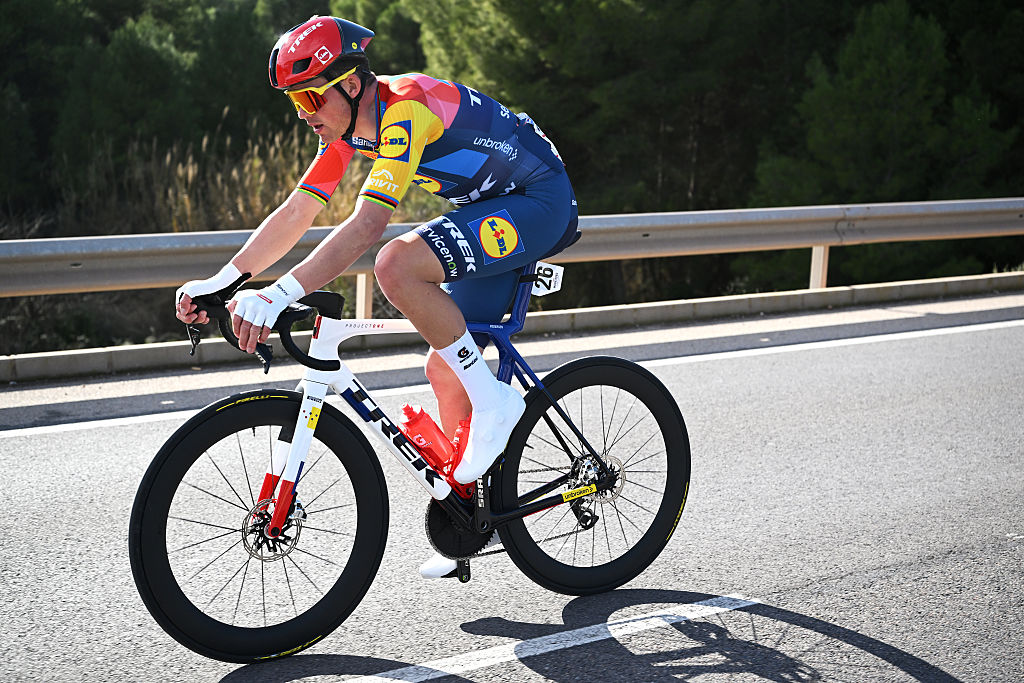The importance of out-of-competition testing
Comment by Gerard Knapp Each year, many elite-level cyclists face the somewhat onerous task of...
The latest race content, interviews, features, reviews and expert buying guides, direct to your inbox!
You are now subscribed
Your newsletter sign-up was successful
Comment by Gerard Knapp
Each year, many elite-level cyclists face the somewhat onerous task of providing information on their whereabouts for up to three months in advance, so dope testers can find them should they wish to conduct out-of-competition testing.
These riders are in what's called the "Registered Testing Pool" and are selected by their respective anti-doping agencies and the UCI. It has to be said that selection to this pool does not indicate any likelihood of possible doping violations; rather, it is designed to ensure out-of-competition testing can be successfully carried out.
Why is out-of-competition testing so important? It's to combat sophisticated doping regimes and find riders who are away from competition and preparing their bodies - using whatever means they feel obliged to use - for an important upcoming event.
In August 2005, Cyclingnews published an article that elaborated on what was a leaked doping preparation protocol for big stage races, provided on background by a leading cycling doctor who had worked for one of the world's biggest cycling teams. (The aim was not to provide a blueprint for copycats, rather, it was to illustrate the size of the loopholes and the task facing doping regulators.)
Out-of-competition tests point to the new reality for professional cyclists, in that they face ever-diminishing civil liberties by being forced to keep doping regulators informed of all their movements up to three months in advance, as well as facing the invasion of their privacy via phone taps and clandestine observation.
If the cyclists repeatedly escape dope testers and pass their blood and urine tests, then the next logical step for anti-doping authorities is to catch them conspiring to commit sporting fraud. Based on the relative success and ongoing publicity surrounding Operacion Puerto, it seems that old-fashioned police work is the new way forward to combat sophisticated doping practices.
The latest race content, interviews, features, reviews and expert buying guides, direct to your inbox!
